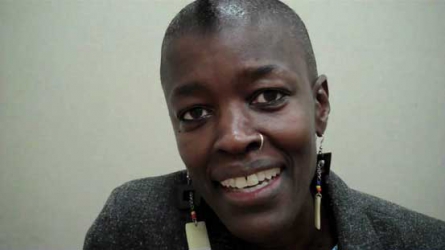×
The Standard e-Paper
Kenya’s Boldest Voice

In these fluid economic times, the line between hustler and entrepreneur is often blurred. Some say the term entrepreneur is just a fancy word for a hustler, while hustler is a street name for the entrepreneur.
Whatever term you prefer, the chances are the outcome you’re after is the same – to run a successful enterprise.